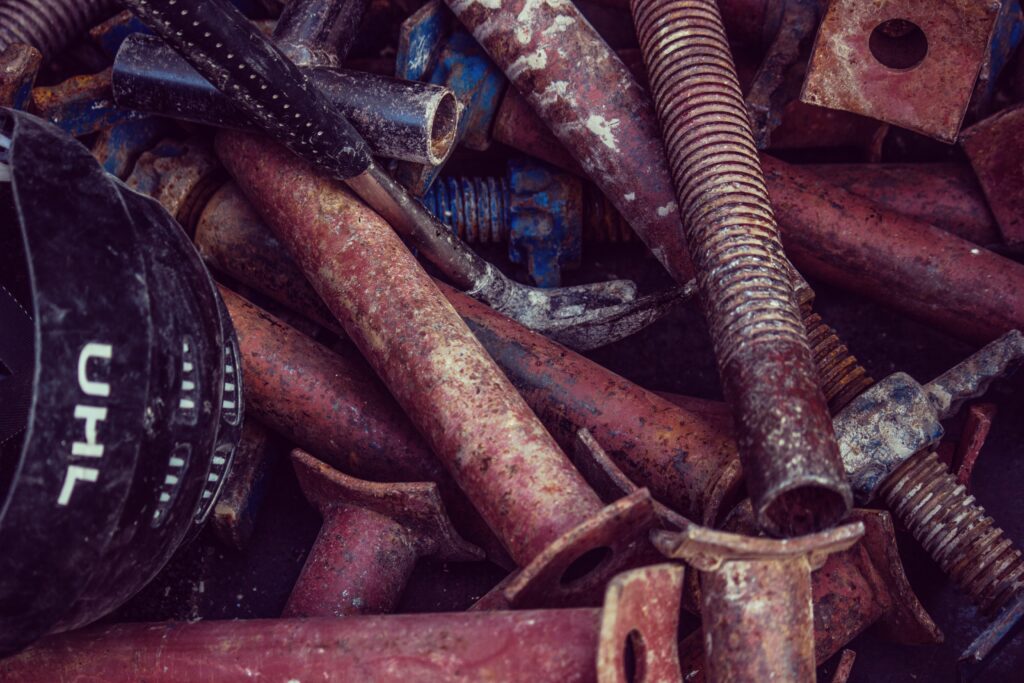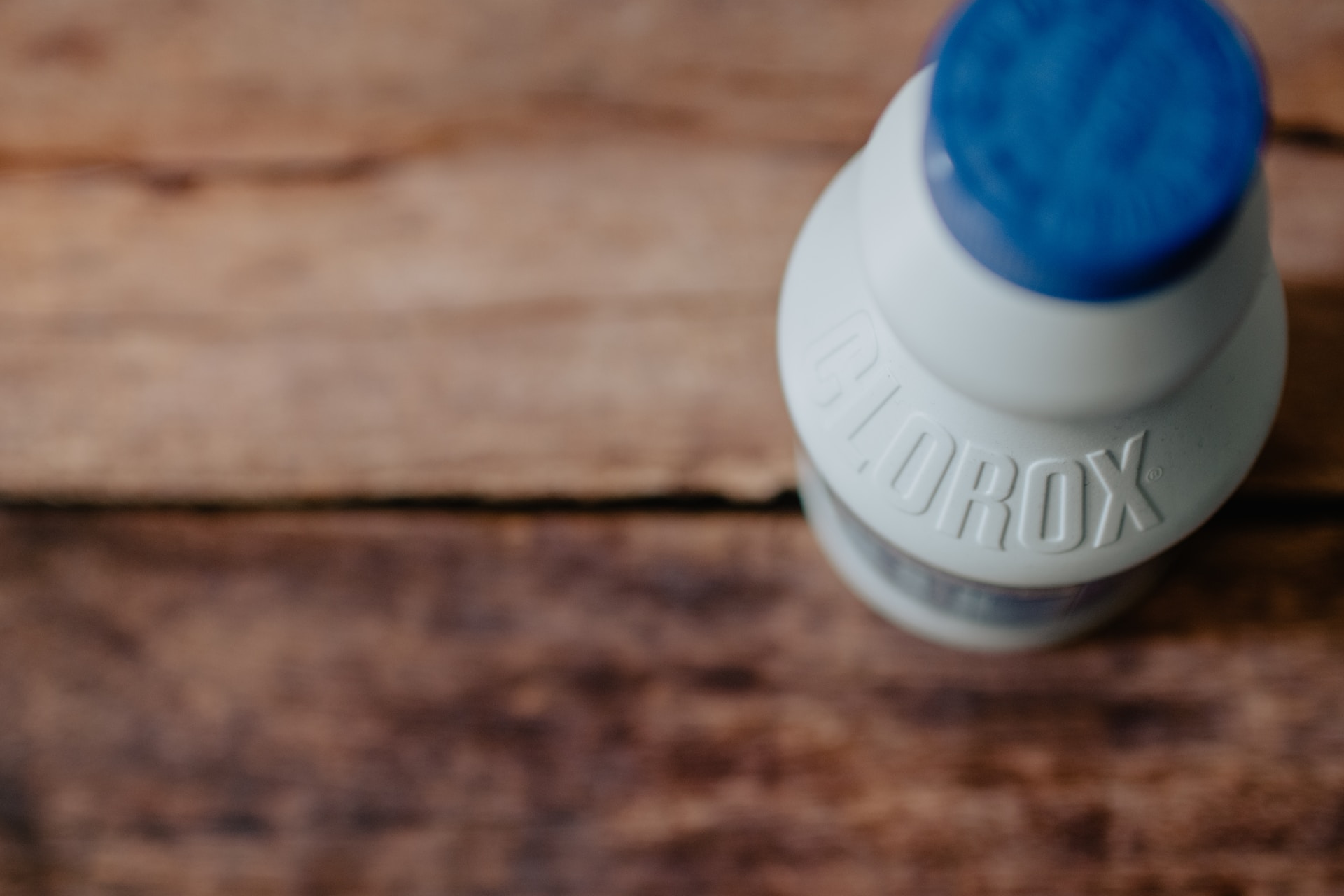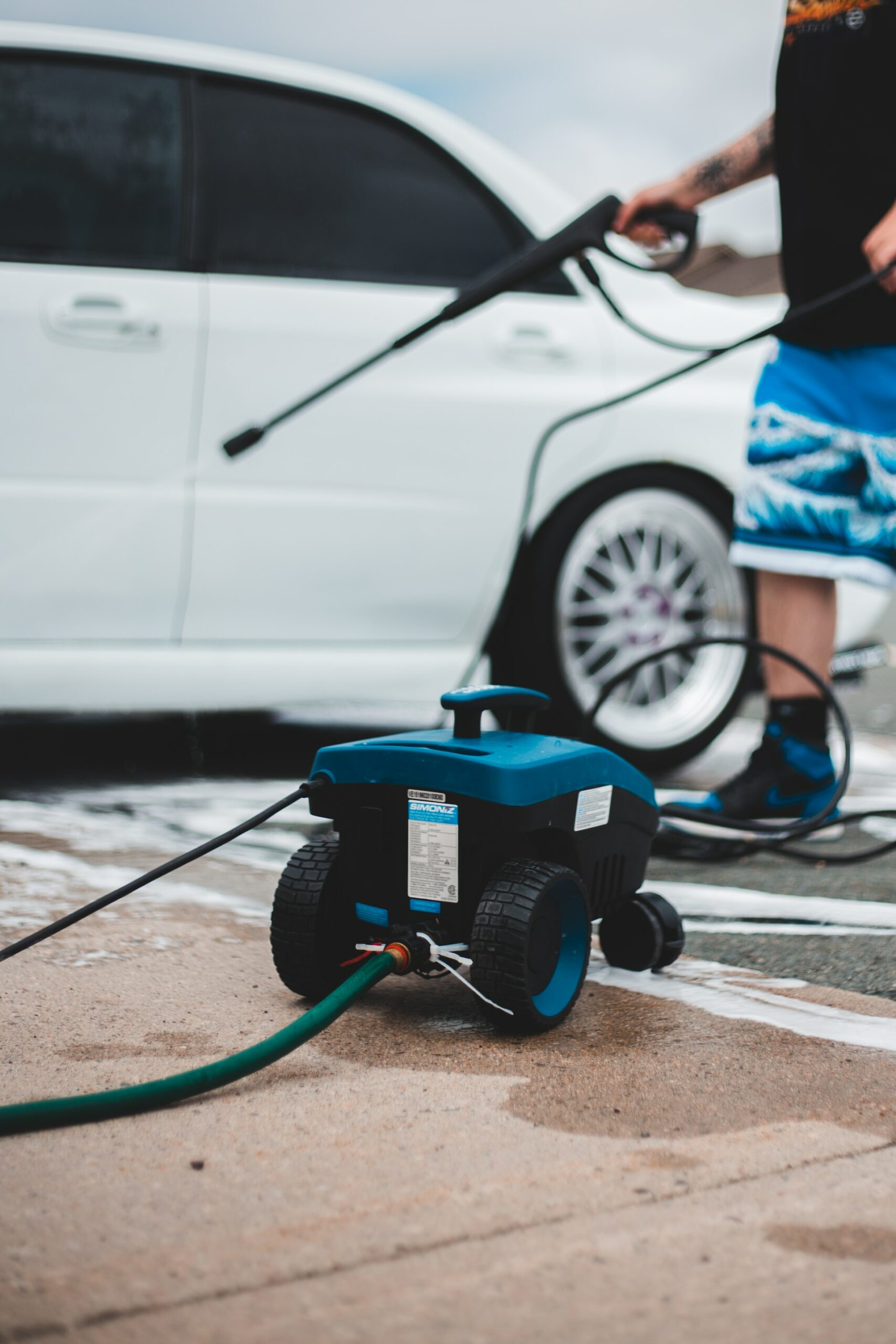We’ve all heard of rust. Most people could easily identify it if they saw it. However, very few people can tell you exactly what it is, and how you can prevent or remove it. If that sounds interesting to you, or you have a burning passion for rust, join us on a little scientific journey exploring this ruddy material.
Know What You Are Working With
Also known as iron oxide, rust results from iron chemically reacting to oxygen and water in a process known as oxidation. Given enough time, any amount of iron can oxidize and rust over entirely in the presence of oxygen and water, turning once-strong metal into brittle dust.
Certain variables can affect how slowly or quickly iron might oxidize. For example, heavily-salted environments, like coastal areas, can rapidly accelerate the process. On the other hand, an area that is very dry will drastically slow it down.
Many other materials also oxidize and create their own results. Brick, for instance, oxidizes and creates efflorescence in the presence of too much moisture within mortar or the brick itself. However, rust generally refers to the flaky, reddish-brown substance that appears on iron and its alloys, such as steel.
Why You Should Remove Rust When You Find It
Once iron begins to rust, it can corrode the metal and damage its durability. This kind of corrosion comes in several different forms. Pitting or cavity corrosion is one type that affects infrastructural metal. After it has oxidized, the metal is eaten away, eventually doing enough damage to destroy the integrity of the metal. This can cause the structure itself to break.
Once a metal starts rusting, it also begins to expand. This can create all kinds of issues where the metal is present. Numerous bridges have fallen in the past due to the expansion and spread of rust which eventually destroyed their supports. Even materials like reinforced concrete can suffer from rust expansion, leading to cracked and damaged roads. You don’t need someone on the internet to tell you that rust is both aesthetically and structurally bad. So what can you do if you find rust?
Remedies for Rust
Rust has plagued humanity for as long as we have worked with metal. Luckily, that means there are plenty of options for both the prevention and removal of rust. A common preventative measure is rust-resistant alloys. Iron mixed with a material such as zinc, titanium, aluminum, magnesium, and polyaniline creates a passivation layer that protects the metal.
Stainless steel is an easy example of such an alloy that is used in all kinds of places, such as your kitchen utensils and pots. A special kind of alloy called weathering-steel still creates a passivation layer, except it uses the rust as a protective layer as well. Such materials are typically used in places where rust is inevitable.
Galvanization is another remedy that involves coating the iron with a layer of another material. The materials are usually zinc or cadmium and are applied through a process known as hot-dip galvanizing or electroplating.
Nowadays, you can even buy coatings that are specially made to prevent rust on whatever you apply them to. You can even prevent rust by controlling the humidity of the air. This can commonly be seen with packages using silica packets to absorb moisture and prevent the product from being damaged.
Treating rust is much trickier, but still possible. There are commercial products that combine with the rust and help lift it away from the metal. Then you can use an organic acid such as vinegar or citric acid to remove it. Such a method can be applied to stainless-steel products using baking soda. There is also a more complicated method known as electrolysis where positive and negative charges are used in a solution to chemically remove the rust from the iron.
Making Sure Your Steel Trap Doesn’t Get Rusty
Nobody likes rust. I’d even venture to say most absolutely hate it. Don’t tolerate rust in your life. If you have an issue with rust and need help, contact us and we will be happy to lend a hand.


